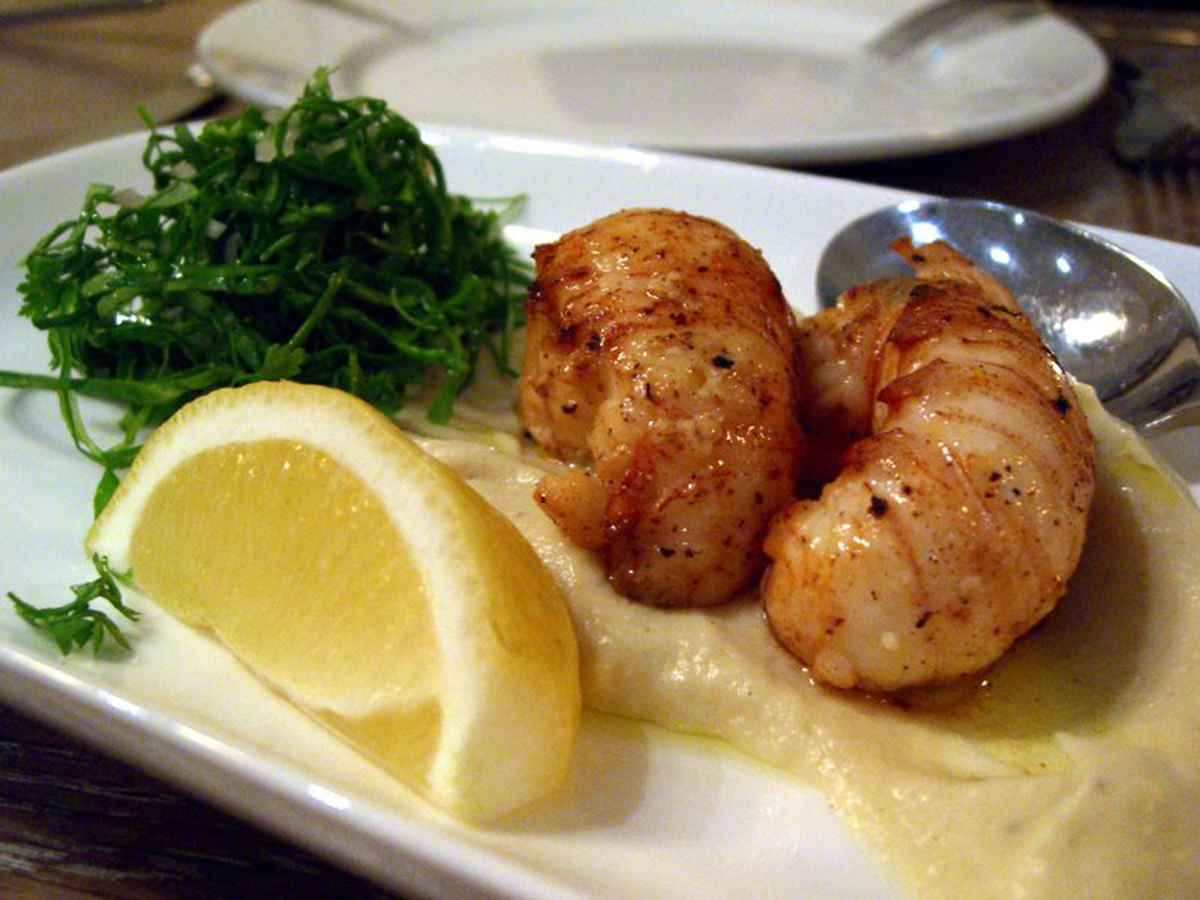Table of Contents
Here is a quick rundown of the best known edible bugs from around the world. There are many other edible species than those listed here, but if you are looking for a "Bugs 101" to avoid unpleasant first experiences, these species are the best.

Agave Worms
The agave worm, also known as the maguey worm, is the larva of a moth that grows on the agave plants used to make tequila. This is the insect that becomes the worm in the tequila bottle. High in protein, agave worms as also used to make tacos and omelets.
Ants
Stinging ant larvae, dug from the mound and mixed with scrambled eggs, are a popular food in remote regions of central Mexico.
The leafcutter ants eaten in South America are also known as "hormigas culonas," big-butt ants, and taste like a blend of bacon and pistachio nuts.
Beetles
There are over 100 species of edible beetles, many of which live in the water. Some beetles contain about 25% more protein per 100-gram (3-1/2 oz) serving than beef, and they are a good source of iron, zinc, and calcium. The unfortunately named dung beetles, which are not necessarily found in dung, but often feed on mushrooms, are prized for their mushroom-like flavor.
Bees
Bee larvae feed on honey and royal jelly, and make a tasty fried or stewed snack. In China, adult bees are roasted and ground into flour for making pancakes.
Fly pupae
The pupae of the common housefly are said to have a taste like fish sauce, with an irony aftertaste, something like liver.
Grasshoppers
Connoisseurs of insect cuisine advise that my cooking technique (I was six years old at the time) may have contributed to my dislike of the bug. In most countries where grasshoppers are regularly consumed, they are roasted, not fried, and the whole body is eaten, not just the tough and chewy leg.
They are also eaten with chocolate or honey. Grasshoppers may be added to stews and stir-fries that have other, strong flavors. A 100-gram (3-1/2 ounce) serving of grasshoppers provides 28 grams of protein, slightly more than an equal weight serving of rib eye (beef) steak.
It's usually not a good idea to catch grasshoppers for human consumption in an urban environment or on a farm where crops are grown, because they may have been sprayed with poisons. In the wild, however, or at specialty shops, grasshoppers are usually perfectly safe for human consumption.
Mealworms
Mealworms are found wherever there is, of course, meal. These wriggly critters can be roasted, freid, or eaten raw. They have a nutty taste.
Pill Bugs
Pill bugs, also known as rolly-pollies, doodle bugs, and woodlice, aren't actually insects. They are land-bound crustaceans that turn pink when cooked like lobster or shrimp.
Water Bugs
The water bug is a popular food in Thailand. Raw water bug has an apple-like scent, and cooked water bug yields a relatively large amount of melony flesh.
See Also: Understanding Paleo: The Good, The Bad And The Ill-Founded
It's even possible to find edible cockroaches, wasps, termites, tarantulas, and scorpions. If you don't want to catch and cook your own edible insects, consider buying:
- Chirps, from Six Foods, a chip made with beans, rice, and cricket flour,
- Chocolate covered silkworms, from Thailand Unique, or
- Chapul Cricket Bars, which combine cricket flour with dark chocolate, cayenne, coconut, lemon, lime, or ginger, in different bars in their product line.
- Gordinier, J. Waiter, There's a Soup in My Bug. New York Times. 22 September 2010. Martin C. Jiminy Cricket! Bugs Could Be Next Food Craze. New York Times. 2 August 2014.
- Mind map by SteadyHealth.com
- Photo courtesy of Avlxyz by Flickr: www.flickr.com/photos/avlxyz/279962951


Your thoughts on this